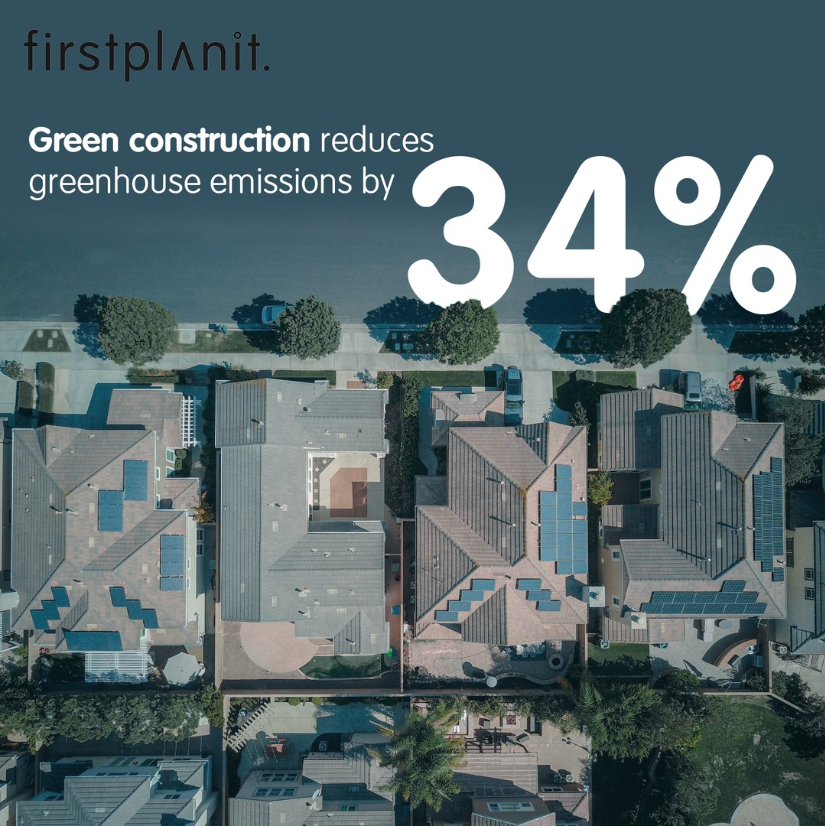News: Phantom Carbon Credits
Carbon credits from world leading provider deemed "worthless" by Guardian report

A new investigation has revealed that the forest carbon offsets approved by Verra, the world’s leading provider and used by major corporations such as Disney, Shell, and Gucci, are largely “worthless” and could make global heating worse. The research, conducted by The Guardian, German weekly Die Zeit, and non-profit investigative journalism organization SourceMaterial, found that more than 90% of rainforest carbon offsets by Verra, are “phantom credits” and may worsen global heating. The investigation raises questions about the credits bought by a number of internationally renowned companies, some of which have labelled their products “carbon neutral” or have claimed to consumers that their products do not contribute to the climate crisis. The research is based on new analysis of scientific studies of Verra’s rainforest schemes, as well as interviews and on-the-ground reporting with scientists, industry insiders, and Indigenous communities.
Findings of the report

- The investigation found that more than 90% of Verra’s rainforest offset credits are likely to be “phantom credits” and do not represent genuine carbon reductions.
- Only a handful of Verra’s rainforest projects showed evidence of deforestation reductions, with further analysis indicating that 94% of the credits had no benefit to the climate.
- According to analysis of a 2022 University of Cambridge study, the threat to forests had been overstated by about 400% on average for Verra projects.
- Gucci, Salesforce, BHP, Shell, easyJet, Leon, and Pearl Jam were among the dozens of companies and organizations that have bought rainforest offsets approved by Verra for environmental claims.
- Human rights issues are a concern in at least one of the offsetting projects, with residents in Peru reporting forced evictions and tensions with park authorities.
- The two studies from the international group of researchers found that only eight out of 29 Verra-approved projects where further analysis was possible showed evidence of meaningful deforestation reductions.
- The analysis indicated that about 94% of the credits the projects produced should not have been approved.
- Credits from 21 projects had no climate benefit, seven had between 98% and 52% fewer than claimed using Verra’s system, and one had 80% more impact.
- The journalists found that, in 32 projects where it was possible to compare Verra’s claims with the study finding, baseline scenarios of forest loss appeared to be overstated by about 400%.
- Three projects in Madagascar have achieved excellent results and have a significant impact on the figures. If those projects are not included, the average inflation is about 950%.
Verras defence
According to Verra, the company has issued over one billion carbon credits since 2009, which it claims have enabled billions of dollars to be directed towards urgent climate action, sustainable development, and the protection and restoration of ecosystems. In response to the recent investigation revealing that more than 90% of their rainforest offset credits are likely to be “phantom credits” and do not represent genuine carbon reductions, Verra argues that the studies used in the investigation have limited utility for assessing the impact of REDD+ projects. They claim that the studies do not consider site-specific drivers of deforestation and reach incorrect conclusions because they rely on synthetic controls that do not accurately represent the pre-project conditions in the project area. Verra argues that their approach for REDD+ projects compares them to real areas, taking into account local factors that put a particular area at risk of deforestation, which are considered a major determinant for selecting project areas.
Firstplanit perspective

Carbon offsetting is under continued scrutiny, and the role it will play in helping companies reach carbon neutrality is yet to be determined. Initially introduced as a means of addressing emissions that could not be eliminated with our current technology, concerns have arisen that it has become a tool enabling business as usual to continue. The built environment is a high emission industry and at Firstplanit we are looking to use big data to find an innovative solution to reduce the impact from construction. We are focusing on changing the standard practice so that we do not have to rely on carbon offsetting schemes.
